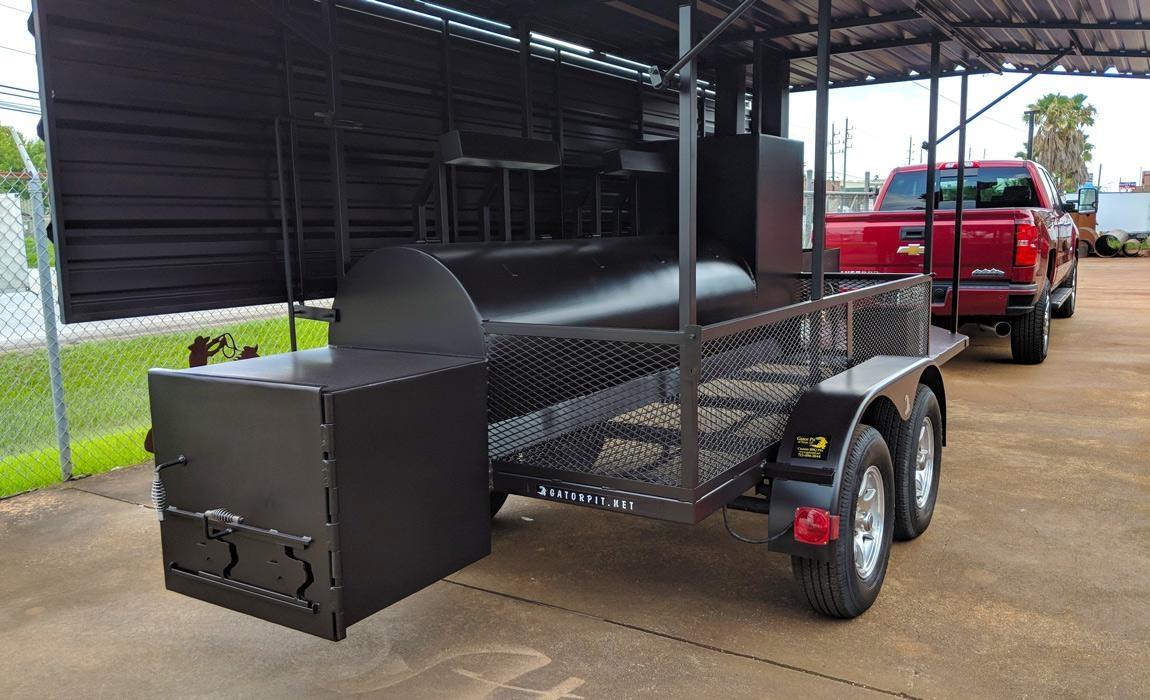While packing that trailer high with cargo so you can make fewer trips might be a nice thought, safety is always important. No matter if you are pulling a toy hauler, horse trailer, or a boat - here are some important safety tips to make sure that you have a safe hauling experience every time.
Understand What Kind of Trailer You're Using ...
There are many different types of trailers designed for various purposes. Most of you are looking to connect a basic flatbed trailer or maybe a toy hauler or RV to your truck and so that's what this article is designed for. Those of you in heavy construction and commercial hauling with tractor will generally follow similar advice but scaled up for massively larger loads and specialized trailers. For instance, not surprisingly a flip axle trailer designed to adapt to the load weight or something like an automotive trailer, or even a tanker will have special concerns not covered in this post.
Similarly, with your trailer's design and capacity in mind, you should always operate it within the specs that the manufacturer intended. This includes watching for maximum weight as well as loading it in a balanced way to ensure that there isn't too much tongue weight or that one side is heavier than the other.
Secure Your Loads Properly
Secure your load properly so that it doesn't shift in transit. This might be as simple as ensuring that there are tie-downs in place, or you might need to secure drawers and cabinets if you are towing an RV.
Check The Pins, Locks, and Cables
Most consumer trailers are pretty easy. With the load itself secured, you just need to make sure that the hitch is connected properly and all cables for brakes and lights are connected along with the safety chain. However, commercial truckers will have additional concerns depending on the trailer type. For instance, if they are using a third axle trailer it is important to have a heavy-duty pin system and locks that will keep the axle in place. You may ensure that these pins and locks are in the right place at all times. Before you start driving, you must check the locks and pins. If you are lowering the third axle, you must make sure the locks and pins have been removed. You could cause damage to the assembly if the locks and pins are dangling from the assembly.
Check The Route And Plan For Inclines and Obstructions
By taking a look at a map of your route before you leave it can save some headaches on the road. For instance, an easy route through the mountains might be simple in your truck without a trailer - but could be extremely challenging while hauling a load.
Make Sure Your Driver Get Plenty of Rest
Hauling a trailer isn't super complicated but it does require extra attention and alertness. A tired driver might not be able to brake fast enough or respond quickly to trailer sway. These are routine occurrences that when responded to quickly are easy to resolve but can turn into disasters if the driver isn't paying attention. For instance, the USDOT reports that 13% of commercial motor vehicle drivers were considered to be fatigued at the time of the crash. These factors can be true for any driver hauling a load, so make sure you are mentally and physically alert before heading out on the road!
